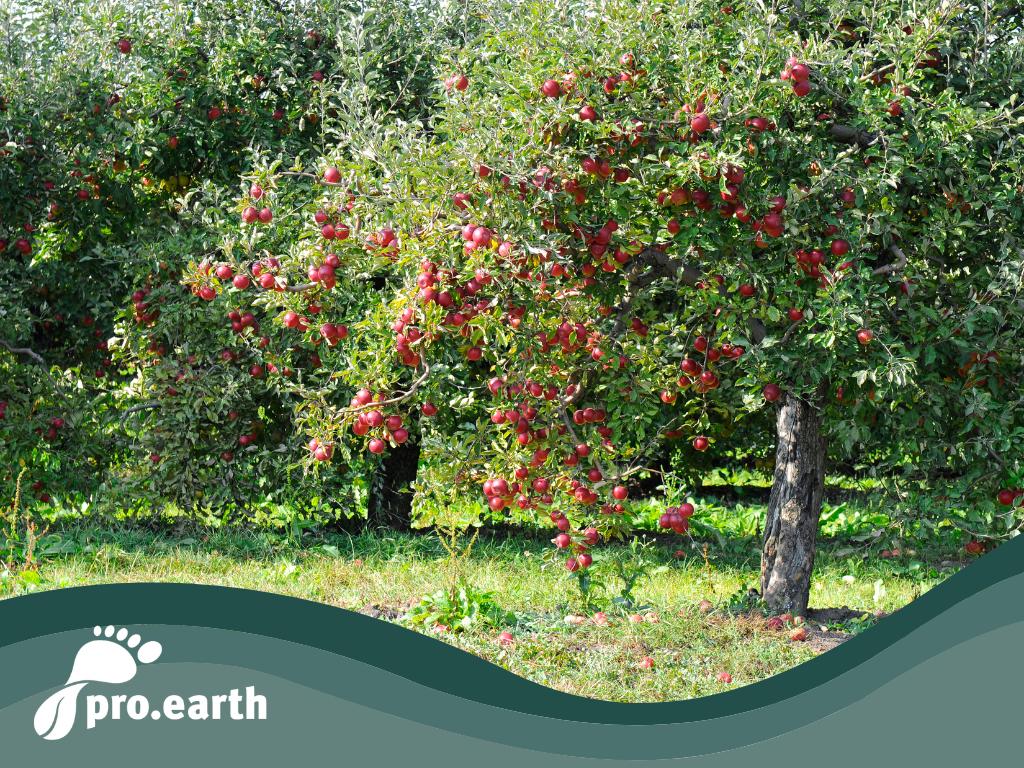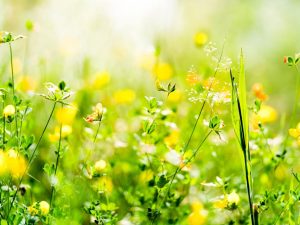Habitat for beneficial insects through greening in apple cultivation

Natural pest control has been massively weakened by the decline in biodiversity in agriculture. A BOKU study shows that apple cultivation could benefit from more intensive soil greening by promoting habitats for beneficial insects. This could, of course, reduce the use of pesticides.
Johann Zaller, a co-author of the study, notes that the population of insect pests increases as species diversity decreases.
For this reason, protection concepts such as conservation biological control have been developed in apple cultivation. This promotes beneficial insects - the counterparts of harmful insects. However, this must not affect the quality of the apple.
This is based on a complex system. It consists of different measures, some of which have unclear effects.
According to lead author and BOKU researcher Christine Judt, initial evaluations of 54 studies have now shown that higher soil cover and a greater supply of flowers should be the most effective.
Biodiversity is positive for pest control, contrary to general apple grower fears
"This is very pleasing, as the great fear of apple growers is that greening measures will attract pests and thus have more disadvantages than advantages," said Zaller.
Flowering zones eliminate apple pests by supporting the occurrence of the parasitoid wasp.
 Moreover, greening the soil, including flowering components, does not have a negative effect on fruit quality. In fact, fragrant and aromatic plants have a particularly strong repellent effect on pests.
Moreover, greening the soil, including flowering components, does not have a negative effect on fruit quality. In fact, fragrant and aromatic plants have a particularly strong repellent effect on pests.
In contrast, reduced pesticide use as an individual measure has no significant influence on the occurrence of natural enemies. On the contrary, there was a tendency towards an increase in the insect pest population and a deterioration in fruit quality.
"In combination with the other two measures, however, these negative effects disappear again," says the ecologist.
The effort involved in establishing flowering mixtures in orchards is not to be sneezed at, but it could still make a major contribution to promoting biodiversity on large production areas.
"There is no need to designate new nature reserves, and colorful, blooming landscapes are also easy to market," says Zaller.
This would kill several (fruit) birds with one stone. 💚






